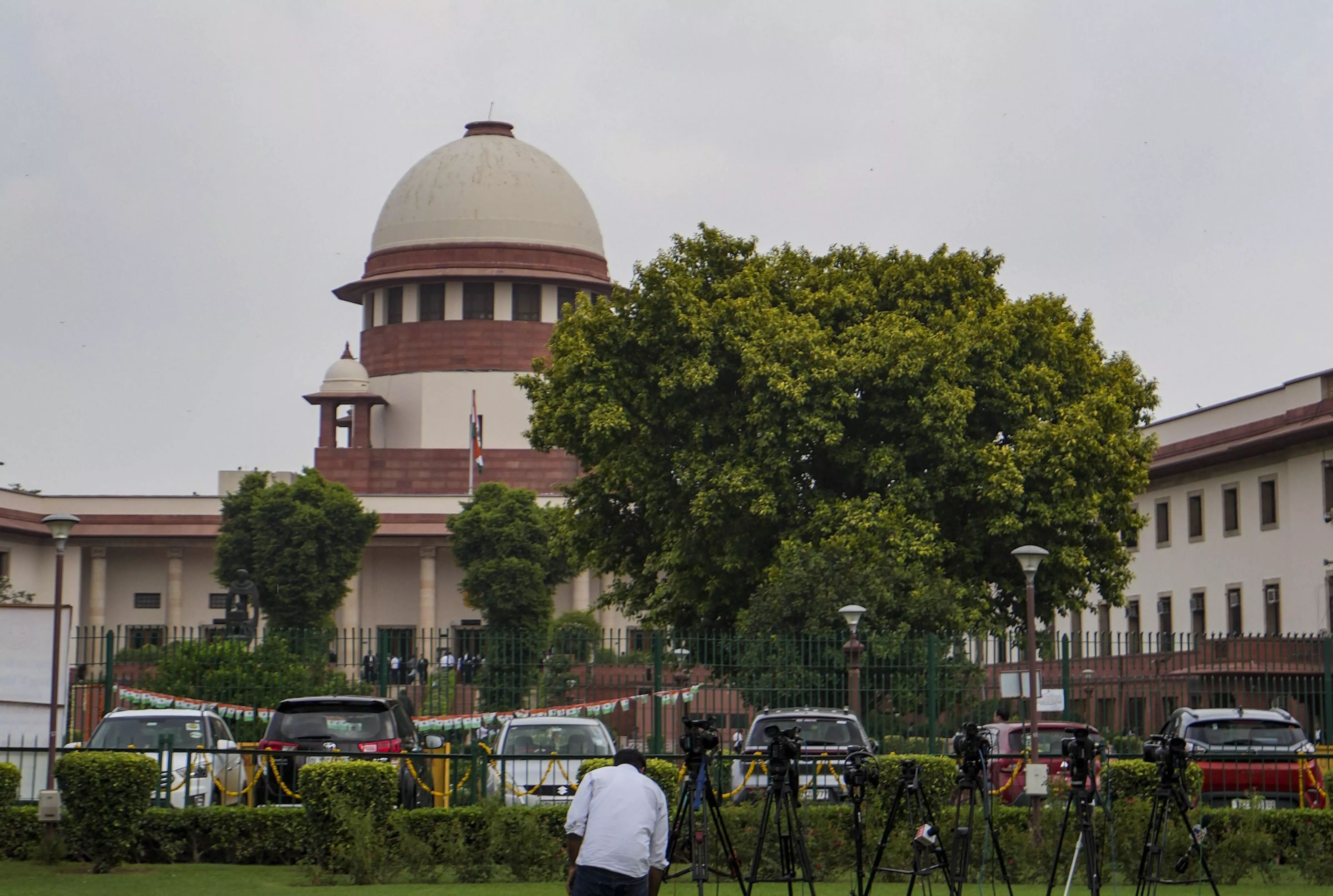
5-year LLB course 'working fine', no need to tinker with it: SC rejects PIL to make it 3 years
The PIL had sought the SC to order the Centre and Bar Council of India to set up an expert committee to explore the feasibility of conducting a three-year LLB course

The Supreme Court on April 22 shot down a PIL seeking to make the existing five-year LLB course into a 3-year one. The SC said the current course is "working fine" and there was no need to tinker with it.
The PIL had sought the court to order the Centre and the Bar Council of India to set up an expert committee to explore the feasibility of conducting a three-year LLB course instead of the current five-year LLB (Bachelor of Law) course after class 12.
The SC bench comprised Chief Justice D Y Chandrachud and Justice JB Pardiwala .
"The plea is allowed to be withdrawn," the CJI said after hearing some arguments from senior advocate Vikas Singh, appearing for lawyer petitioner Ashwini Updhyay.
"Why have a three-year course at all. They can start practice (of law) after high school only!" the CJI said, adding that five years is "also less". The senior advocate said even in the United Kingdom, the law course is for three years and this present five-year LLB course here is a "disincentive for the poor, especially girls".
The CJI disagreed with the submissions, and said 70 per cent women entered district judiciary this time and now more girls are taking up law.
Singh sought the permission to withdraw the PIL with a liberty to make a representation to the BCI in this regard. The bench disallowed it and permitted withdrawal of the PIL only.
Arbitrary and irrational
The PIL, filed through lawyer Ashwani Dubey, had sought a direction to the BCI and the Centre to set up an expert committee to explore the feasibility of a three-year LLB course.
At present, students can get admitted to a five-year integrated law course after class 12 through the Common Law Admission Test (CLAT), adopted by the premier National Law Universities (NLUs). Students can also pursue a three-year LLB course after graduating in any discipline.
The plea said it was "seeking direction to the Centre and Bar Council of India to form an expert committee to ascertain the feasibility of starting a three-year Bachelor of Law course after class 12 like Bachelor of Science (BSc), Bachelor of Commerce (BCom) and Bachelor of Arts (BA) courses".
It claimed that the “prolonged period” of five years for the integrated course was "arbitrary and irrational" as it was "not proportional" to the subject and put an “excessive financial burden” on students.
"There are numerous examples of prodigies not being encumbered by a rigid system which focuses more on being the jack of all rather than being the master of one," the plea claimed, citing the example of former law minister Ram Jethmalani, who started his law firm when he was just 17 years old.
"Was there any five-year LLB course to bar his progress and obscure his vision? There was none. The eminent jurist and former attorney general late Fali Nariman completed law at the age of 21 years," the plea submitted.
(With inputs from agencies)

